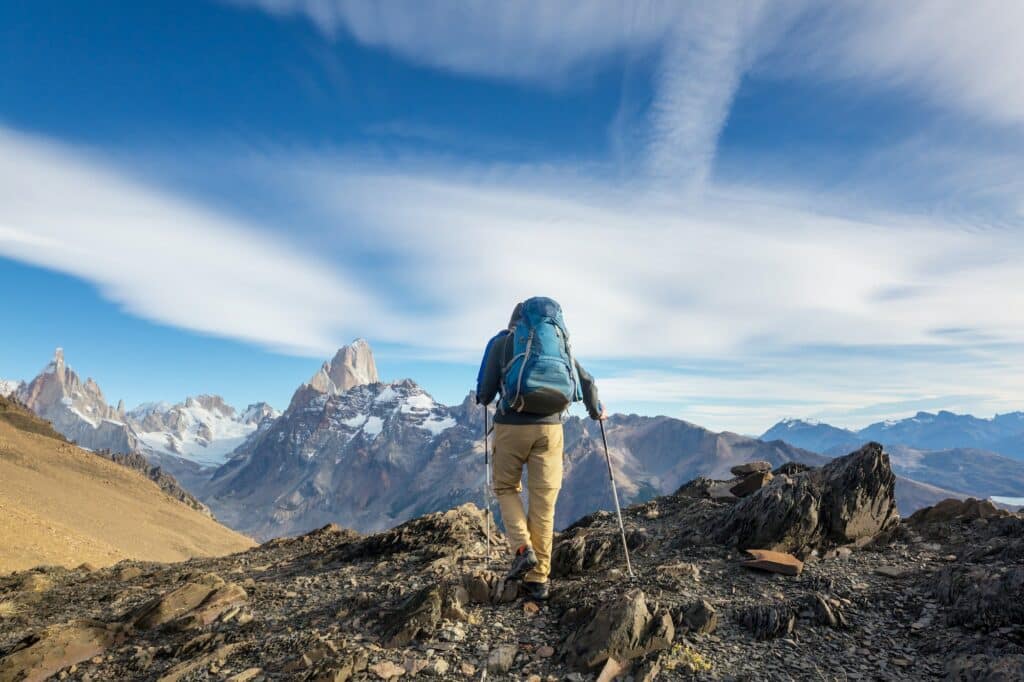Basic German Grammar Topics
-
German-Gender of Nouns4 Topics
-
German-Nominative4 Topics
-
German-Numbers4 Topics
-
German-Adjectives4 Topics
-
German-Personal Pronouns & the Verb sein4 Topics
-
German-Regular Verbs in the Present Tense4 Topics
-
German-Plural Formation4 Topics
-
German-Haben and the Accusative Case4 Topics
-
German-Word Order4 Topics
-
German-Definite Articles4 Topics
-
German-Indefinite Articles4 Topics
-
German-Negation5 Topics
-
German-Modal Verbs4 Topics
-
German-Separable Prefix Verbs4 Topics
-
German-Coordinating Conjunctions4 Topics
-
German-Konjunktiv I4 Topics
-
German-Possessive Pronouns4 Topics
-
German Question Words4 Topics
-
German-Present Perfect of Regular Verbs4 Topics
-
German-Present Perfect of Irregular Verbs4 Topics
-
German-Present Perfect of Mixed Verbs4 Topics
-
German-Dative Case5 Topics
-
German-Two Way Prepositions4 Topics
-
German-Dative Prepositions4 Topics
-
German-Conditionals4 Topics
-
German-Future Tense4 Topics
-
German-Dative Verbs4 Topics
-
German-Simple Past Tense4 Topics
-
German-Imperative4 Topics
-
German-Comparative4 Topics
-
German-Temporal Prepositions4 Topics
-
German-Present Perfect Separable Prefix Verbs4 Topics
-
German-Irregular Verbs4 Topics
-
German-Present Perfect Inseparable Prefix Verbs4 Topics
Participants 257
Reading Exercise-German Modal Verbs
Stephen Sovenyhazy March 26, 2024

Freizeit und Hobbys
Hallo. Mein Name ist Karl, und ich habe viele Hobbys. Am Wochenende gehe ich gern im Tegelersee schwimmen. Ich fahre jeden Wochentag mit dem Rad zur Uni. Ich liebe mein Fahrrad, denn ich kann überall damit hinfahren. Manchmal fahre ich nach Potsdam oder weiter ausserhalb von Berlin.
Ich lese auch sehr gern, besonders über Philosophie und deutsche Literatur. Mein Lieblingsphilosoph ist Hans-Georg Gadamer. Sein Traktat, Wahrheit und Methode, ist ziemlich kompliziert aber interessant. Allerdings lese ich am liebsten die Romane von Robert Menasse. Seine Trilogie der Entgeisterung spielt mit philosophischen Ideen und ist absolut fantastisch!
Ich mag Musik hören. Ich kann gut Gitarre spielen, und ich will eines Tages eine Band gründen. Ich habe früher Klavier gelernt, aber ich habe viel schon vergessen. Ich muss ein bisschen mehr üben.
Ausserdem wandere ich gern in Wäldern und den Bergen. Ich möchte im Sommer den Kungsleden (Königspfad) in Schweden wandern. Ich liebe es, in der Natur zu sein.
Vocabulary
das Hobby, -s hobby
der Wochentag, -e weekday
der Philosoph, -e philosopher
der Traktat, -e treatise
die Wahrheit, -en truth
der Roman, -e novel
die Band, -s band (of musicians)
das Klavier, -e piano
der Wald, -̈er forest / wood(s)
der Berg, -e mountain
der Königspfad the King’s Trail
überall everywhere
ausserhalb outside of
besonders especially
allerdings however / indeed
eines Tages someday / one day
gründen to found/establish/start up
vergessen to forget
üben to practice
verweilen to linger/stay/tarry
Questions
A. Answer the following questions about the content of the above text.
1. What does Karl like to do on the weekends?
2. What does he especially like about his bike?
3. What topic(s) does Karl like to read about?
4. What are Karl’s goals or plans related to music?
5. What else does he like to do in his free time?
B. Answer the questions about grammar below.
1. Which modal verbs are found in this text? List them in their infinitive forms.
2. Some adverbs of time are found in the text. What happens when to sentence order when they occur at the beginning of a sentence?
3. Where do the infinitives of the main verbs go in sentences containing modal verbs?
4. Does Karl plan to hike the King’s Trail in the summer or did he previously hike it? What grammatical evidence supports your answer?
5. In the above text, what does “gern” mean?
Answers:
A.
1. He likes to go swimming in Lake Tegel (Tegelersee).
2. He can ride all over the Berlin area and beyond.
3. Karl likes reading about philosophy.
4. He would like to start up a band and improve his piano playing.
5. Karl also likes to hike and spend time in nature.
B.
1. können, mögen, müssen, wollen
2. The subject is moved from the first to third position (i.e. after the verb).
3. The infinitives go at the end of sentences containing modal verbs.
4. Karl is planning to hike the King’s Trail in the coming summer, as indicated by the verb “would like” (möchte).
5. “gern” is paired with verbs to mean “to like to [verb]” (e.g. gern lesen = “like to read”).